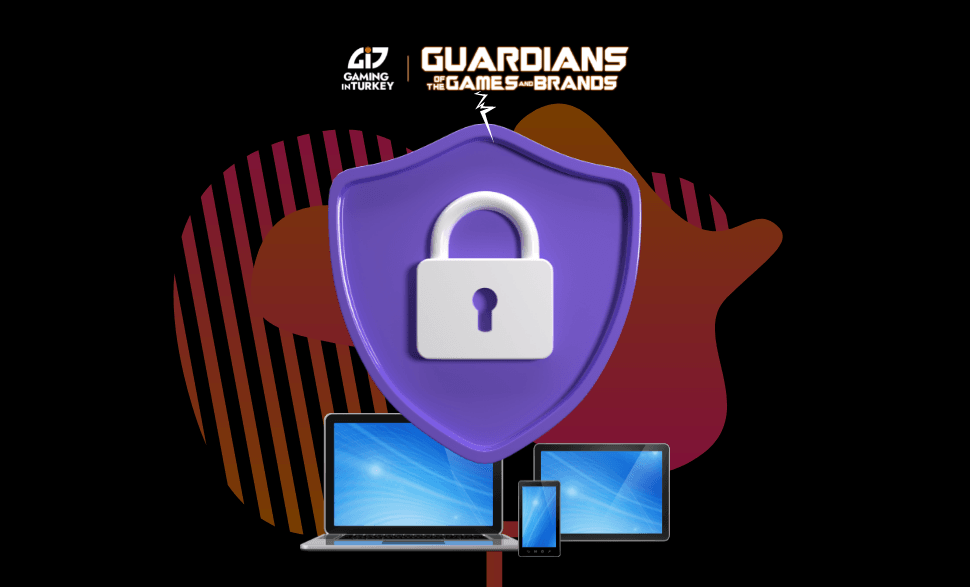Online gaming has burgeoned into a multi-billion-dollar industry, captivating millions worldwide. However, with such popularity comes a notorious adversary: cheating. The rise of software like Easy Anti-Cheat (EAC) was initially perceived as a bulwark against this menace. But the recent hacking of Easy Anti-Cheat incites a critical discourse on its implications for online gaming security. This article will shed light on the ramifications of this breach, delve into the types of cheating it facilitates, and explore its broader impacts on the gaming ecosystem.
To begin, let’s dissect what hacking Easy Anti-Cheat entails. EAC was developed as an ingenious tool to safeguard fair play, employing sophisticated algorithms and heuristics to detect and mitigate dishonest tactics within games. With its integral functionality, EAC enables developers to ensure that their environments remain equitable. However, the compromise of its security systems unveils vulnerabilities that have not only alarmed game developers but have also raised questions regarding player integrity and the unseen consequences of cheating.
To contextualize this discussion, the types of content you can expect to encounter in this article include an overview of what Easy Anti-Cheat is, the specifics of how it was hacked, the new types of cheats that might arise from this breach, and the implications for developers and gamers alike. The stakes are high, affecting both fiscal investments in game development and the psychological experiences of players.
Easy Anti-Cheat operates on a foundation of stringent checks and balances. It proactively scans for malicious software, intrusive modifications, and exploitative scripts that could tilt the balance of gameplay. As games become increasingly intricate, so do the mechanisms employed by cheats. While EAC has succeeded in repressing traditional cheating methods, the recent penetration has resulted in potential reconfiguration of these methodologies.
The breach means that hackers can craft new cheat variants that evade current detection methods. These cheats could be anything from aimbots and wallhacks to more sophisticated modifications such as memory editing technologies. In a dystopian twist, this hack signifies a shift towards a “cat and mouse” scenario, where developers are constantly one step behind, responding to cheats that mutate faster than they can devise preventative measures.
Moreover, this compromise is not solely detrimental to the gaming experience; it poses financial repercussions too. When cheating proliferates unchecked, it diminishes the perceived value of a game. Players who invest time and money engage in environments where skill and strategy are secondary to nefarious tactics. This scenario may precipitate a mass exodus of players from compromised titles, leading developers to consider potential drops in revenue.
Furthermore, the repercussions transcend economics. The very essence of competitive gaming – fairness – is jeopardized. EAC was established to cultivate an environment where achievements celebrate merit rather than subterfuge. When trust erodes, players may find themselves questioning the authenticity of their experiences. This can create an ethos of paranoia, where even legitimate players are scrutinized with suspicion.
Additionally, the hacking of Easy Anti-Cheat underscores a larger, systemic issue within the gaming community: the persistent arms race between cheats and anti-cheat measures. As developers invest resources to devise countermeasures, hackers continuously innovate, driven by a thirst for notoriety or simply the thrill of outmaneuvering the system. The evolving nature of technology adds layers of complexity, as adaptive cheat systems become not just a possibility, but a probability.
In response to these developments, it’s imperative for both developers and players to advocate for more robust security measures. Engaging in dialogue about player behavior, fostering an awareness of cheating's consequences, and pushing for enhanced monitoring systems will be crucial. Incorporating machine learning and artificial intelligence into security protocols may offer an avenue for rapid adaptation and response to emerging threats. This approach may provide an edge, allowing for intricate detection patterns that resonate with modern gaming dynamics.
Another facet of this situation feeds into the psychological tapestry of online gaming. The revelation that trusted software can be undermined may prompt a reevaluation of loyalty among players. As frustrations mount regarding the integrity of gameplay, communities may splinter, fostering divisiveness among user bases. This phenomenon could lead to a toxic competitive landscape, where suspicion reigns and camaraderie ebbs.
Ultimately, the hacking of Easy Anti-Cheat serves as a harbinger of an urgent need for adaptive strategies within the realm of online gaming security. While it remains a formidable adversary against unfair tactics, like any security measure, its efficacy is contingent upon its resilience against breaches. Now, more than ever, players and developers alike must foster a collaborative effort to reclaim the sanctity of the gaming experience. By investing in research, dialogue, and enhanced technological defenses, the industry can strive to safeguard fairness and enjoyment in a world fraught with challenges posed by cheating.
The road ahead is fraught with complexities, but through collective action and innovation, a future where integrity reigns supreme in gaming could emerge once more.



















Responses (0 )